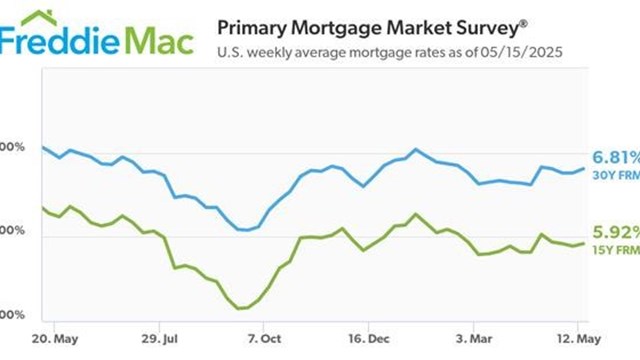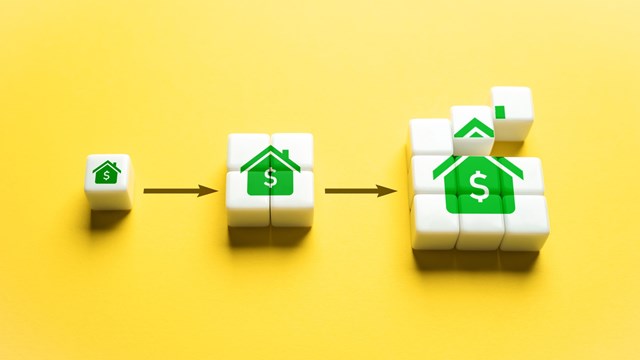Editor’s note: This piece is the first in a planned series of mini-articles on the issue of cryptocurrencies and the application and purchasing process in co-ops and condos.
These days, so much of what we do and own is defined - often redefined - by technology, including our assets. Cryptocurrency is a prime example. While not really ‘money’ in the traditional sense of dollars or pounds or euros, and in no way similar to equity shares we call stock, ‘crypto’ is becoming increasingly popular as an asset - and among certain segments of the investing public, it’s becoming involved in the purchase and sale of property, including co-op apartments. The question for co-op boards is how to view and value Bitcoin, Ethereum, and their ilk as assets in the context of assessing a purchase and sale transaction for approval.
What is Crypto?
The first form of payment that enabled commerce in societies across the globe was barter. In other words, how many goats do you want for your wheat? While this method worked fine for thousands of years, goats are not always the optimal way to pay for things. That’s when money came along. Early forms of currency were actually made of precious metals, like gold and silver. While much easier to carry around than a bunch of goats, the bags got a little heavy. Eventually, actual gold coins were replaced with paper money that was ‘backed’ by precious metal, be it gold or British Pounds Sterling. At some point, paper money itself was accepted as value for specific amounts; its worth was assumed, and users exhibited confidence in its value and reliability. Cryptocurrency is that - but on steroids, and in cyberspace.
“At its most basic level, cryptocurrency like Bitcoin or Etherium is a digitally based currency,” says Steven Ebert, an attorney with Manhattan-based law firm Cassin & Cassin. “It is accounted for through a decentralized computer network, a basic ledger called a blockchain. The blockchain tracks the tokens - the units of cryptocurrency - and their ownership and transactions in an anonymous way.”
So what does this have to do with co-ops? Well, with more investors adding crypto to their portfolios, and with the value of some cryptocurrencies going stratospheric (and in fairness, also occasionally plummeting just as spectacularly), the question for boards considering a purchase application package that includes crypto in the prospective buyer’s asset column is what faith and trust they can put in the value of this ‘currency’? Is it more like stock, or more like cash? Money has a fixed value. In real terms - with the exception of monetary units in foreign currencies - that value is constant and concrete. A dollar is a dollar. Cryptocurrency’s valuation, on the other hand, changes constantly. So how can and should co-op boards look at cryptocurrency as part of a potential buyers overall financial position?
Valuing Crypto as an Asset
“When valuing cryptocurrency as part of someone’s financial application for purchase of co-op shares, keep in mind that its value fluctuates widely, more so than stocks,” says Ebert. “You’re also looking at an asset that’s not actually legal tender in the United States; not everyone will accept it as a currency for trade. If you show up at CVS with cash, you can buy whatever you like, but if you show up with Bitcoin, you can’t. It’s not fungible.”
Board members reviewing the financial packages of purchase applicants must be aware of the volatility of cryptocurrency, while still understanding its intrinsic value as an investment - the same way they understand stocks or bonds. They must also understand its limitations. For many reasons - both legal and financial, including the aforementioned volatility - crypto shouldn’t be considered for, say, payment of a maintenance escrow.
There are also tax questions involved with the redemption - the converting to cash - of cryptocurrency that must be considered as well when evaluating how it fits into a prospective co-operator’s financial picture.
“It’s not the same as cash in a savings account,” says Ebert. “Crypto redemption is like a stock sale. There is a taxable event. Some call crypto a security, some a currency. That’s part of the debate. The process is still in its infancy relative to regulation, so we are in an in-between stage.” As things stand now, if one shows a certain amount of crypto on a financial statement, and then has to redeem it, there is a potential tax liability resulting from that redemption. Cash in a bank account isn’t like that. The question (among others) is whether it is a capital asset, and therefore subject to a gains tax. And what is the repercussion of that tax event on the holder’s financial position?
Proof of Value
Another question is how to prove the value of the asset cryptocurrency represents. The blockchain was developed to ensure authenticity and provenance while remaining anonymous and decentralized, explains Ebert. “Effectively, they have keys and passwords to access accounts - it’s sort of a Swiss bank account for the digital age. Co-op boards would need to ask for the key and password, and see ‘physical’ proof of its existence,” says Ebert. In other words, holders of cryptocurrency accounts would literally have to go online and show their ownership and holdings in real time.
When considering cryptocurrency as an asset for a prospective buyer, co-op board members need not accept its valuation and ease of use without questions - but nor should they exclude it from consideration entirely. Prudent boards should make sure they are well informed on how cryptocurrency works, its pitfalls, and its potential benefits.
Next in the series: Legal constraints on cryptocurrency use in co-op and condo transactions.










Leave a Comment